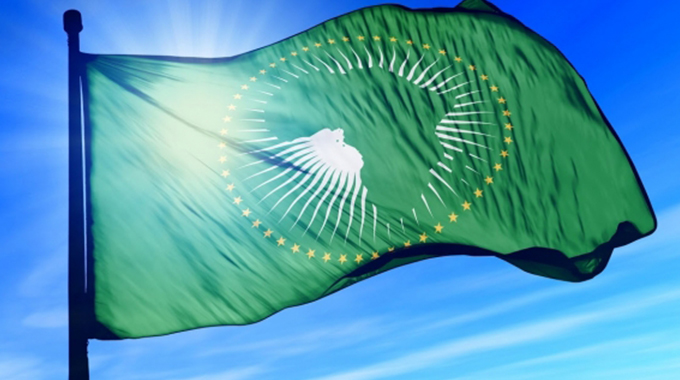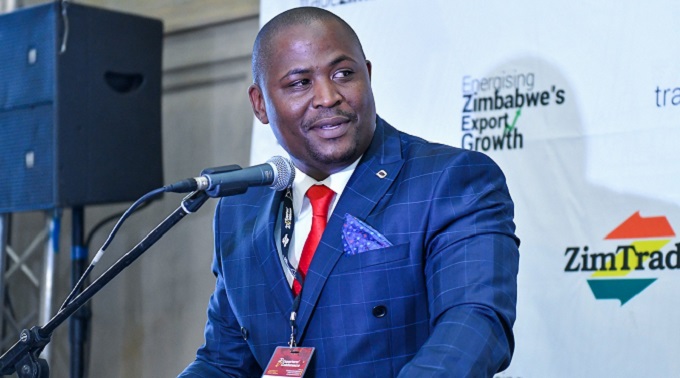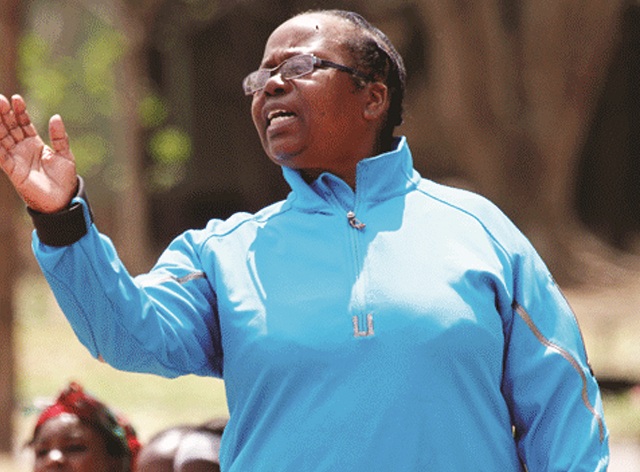EDITORIAL COMMENT: AfCFTA launch: The future is indeed African!

President Mnangagwa was among the African leaders who were in Niamey, Niger to launch the African Continental Free Trade Area (AfCFTA) on Sunday.
There is no doubt this was an epochal moment that saw Africa coming together to launch the globe’s single largest market since the formation of the World Trade Organisation in 2001. It took 17 years of intensive planning and research and deep thinking among African leaders and their technocrats for the launch to be achieved. While the launch was Sunday, the AfCFTA will start operating from July 1 next year, a development expected to increase intra-Africa trade by 60 percent in its first two years of existence. Under the free trade area, countries will progressively phase out duties on 97 percent of goods traded between African countries.
“The biggest benefit is you are removing the fragmentation of Africa,” African Union (AU) commissioner of trade and industry Mr Albert Muchanga enthused.
The common market has potential to attract more foreign direct investment into Africa as investors will seek to benefit from a US$4 trillion mass market of 1,2 billion people across 54 countries running on the same trade and investment rules. Africa will develop thanks to the AfCFTA and millions of jobs will be created.
African countries had for long been accused of frustrating their own development by operating in silos, each of them minding its own small business against powerful countries and regional blocs.
However, on Sunday their leaders firmly answered their critics.
An integrated Africa under AfCFTA will be able to speak and act with one powerful voice to promote freer and fair trade and advance its collective interests. The continent has a better chance of being listened to when it unites than when it acts divided.
It is good that Africa’s integration which started a few decades ago at regional level through Sadc, Comesa, the East African Community and the Economic Community for West African States and so on has now maturated into the huge bloc that was consummated on Sunday.
The launch of the African passport in Rwanda in July 2016 was yet another big step towards greater integration, building up on the foundation laid by the regional economic communities. With a common passport for Africans, all citizens of the continent will not need a visa when they travel across national borders. Effectively and to some extent Africa would soon be borderless just like the European Union where an EU passport is all a European needs to traverse that continent visa-free. Also, EU nationals enjoy a number of benefits in EU member states. Africans hope that the passport that was launched in Rwanda last year will take them to the level where the EU already is.
Last year, African countries launched the Single African Air Transport Market (SAATM) initiative, that is largely based on the agreements of the Yamoussoukro Decision of 1999. The initiative makes it easier for people to travel across the continent by air without the need for multiple connecting flights. It would be cheaper too for people to travel as SAATM eliminates connecting flights. Tourists, including those from abroad, would find it easier and faster to travel in and out of the continent, which should translate into more tourist arrivals and income for the tourism industry and growth of the mother continent.
President Mnangagwa, speaking on the AfCFTA, said the initiative would help transform the continent. He observed, however, that Zimbabwe requested and was granted a 15-year window to deal with the adverse impact of Western sanctions before it starts to fully function under the free trade bloc.
“For Zimbabwe it was a huge success because we succeeded in depositing our instruments, so we were number 23 and we have managed to get a window to develop our industry and commerce so that we catch up with the rest of the world and we got a 15-year reprieve. It has gone very well. We signed the protocol (African Continental Free Trade Area) in Kigali (in Rwanda), but we entered a reservation because of sanctions imposed on us which have rendered our industry and commerce uncompetitive in the market,” he said.
Malawi, Zambia, Madagascar, Ethiopia and Eritrea were granted a delay too. The AU must be applauded for its sensitivity to peculiarities of member states and their impact on their readiness to join the free trade area, while, of course, upholding the overall criticality of the AfCFTA.
A package US$1 billion has been set aside for lending by the African Import and Export Bank to countries requiring support to adjust to the new reality.
While we are glad that Africa has become the world’s biggest single market, that market must not continue to be a market for raw minerals – uncut and unpolished diamonds, unprocessed chrome, raw cotton and so on. It is well known that Africa’s dependence on commodity exports prejudice the continent of much money.
For example, a bale of cotton costs only a fraction of the price of a shirt and a diamond improves its value from its uncut and unpolished state by seven times to the stage where it is made into jewellery. Dependence on primary goods is also disadvantageous in that it exposes the continent to fluctuations in commodity prices.
Therefore, while the creation of world’s biggest market is welcome, it must not be a market for unprocessed goods but processed, high value products to take the value of the market beyond the US$4 trillion.










Comments